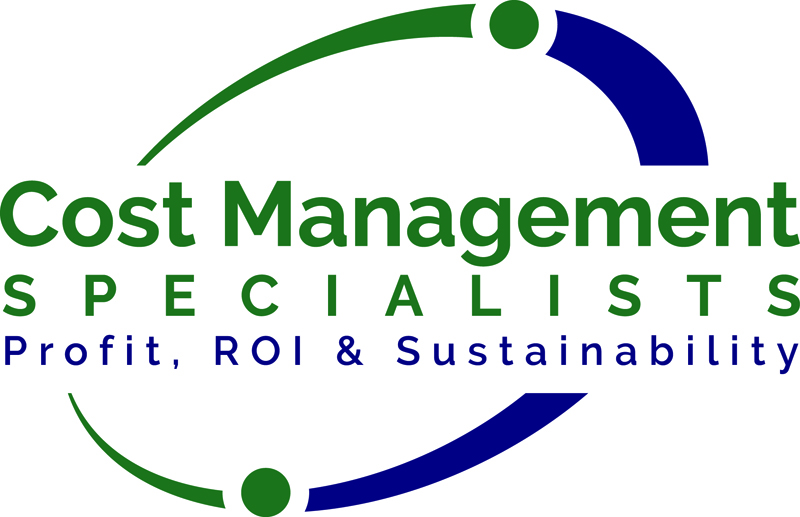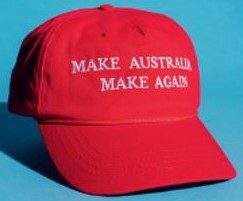The pandemic has exposed the fragility of global supply
and the danger of blind reliance on imports.
International freight has slowed, costs have increased, and some essential imported supplies are no longer available.
Consumers don’t benefit from being stuck at the back end of a global supply chain. Malaysia, the largest global manufacturer of surgical gloves, protected their local supply by recently imposing export quotas recently despite of increased global demand.
If you are reading this outside Australia, insert the name of your country where it says Australia. Import issues and opportunities deserve strategic review in all countries who experience dis-economies of scale from global supply chains and who lose employment and taxation through BEPS.
Why is Carpet imported in large quantities into Australian when carpet manufacturers can be supported to meet or exceed local and international quality standards at a competitive price?
Why is Pet Food imported in large quantities from the USA & Canada when local suppliers can provide the same or better nutrition for pets?
Why are Australian companies minnows in the Cleaning Chemicals and Supply market (annual turnover $2.4 billion+) when they can meet defined quality standards?
A pandemic invites the opportunity to focus on the benefits of local production and supply by:
- identifying products and services which are imported in large volumes
- confirming availability of domestic components/ingredients to produce imported products
- validating where local products and services can:
- meet regulatory requirements
- satisfy local demand by meeting consumers quality, service, price, and availability criteria
- contribute to local employment
- achieve economies of scale by growing market share
- assessing cost/benefit including tax revenue (Pay As You Go PAYG personal, company, GST) contributed to vital services and functions e.g. health, education, environment infrastructure etc.
- recognising opportunity to reduce greenhouse emissions
We commend Make Australia Make Again, the Australian Made Campaign and Make the Swap who report annual sales in Australia of $1.3 billion on hair care products. Not one of the top-selling brands is Australian owned.
Wesfarmers defend the purchase of retail goods from China and other countries amid a push for Australian-made products. Bunnings sources 35% – 40% of products from Australia and Wesfarmers’ wider businesses source between 20% – 70% of products from China, depending on the category.
CEO Mr Rob Scott said sourcing from outside Australia benefits families doing it tough financially
“to limit our options would result in very significant increases in prices and burden many Australian families”
Oscar Wilde said: “A cynic knows the price of everything and the value of nothing.”
As consumers, it is important to continually ask:
“Is an imported product making little contribution to the quality of life or community development in our community/state/country, really better value than a product contributing to investment in health, education, employment, arts, environment, security, infrastructure etc.?”
Use your power as a consumer to contribute to demand for local goods and services. Factor into your cost/benefit analysis employment and tax benefits within the price that impact quality of life in your local community.
It may not always be a simple calculation but it is a truism that:
‘Quality is remembered long after price is forgotten’
Please share your thoughts on the contribution of local manufacturing for the benefit of those who live, work and play in your community to roi1@costms.com.au.

